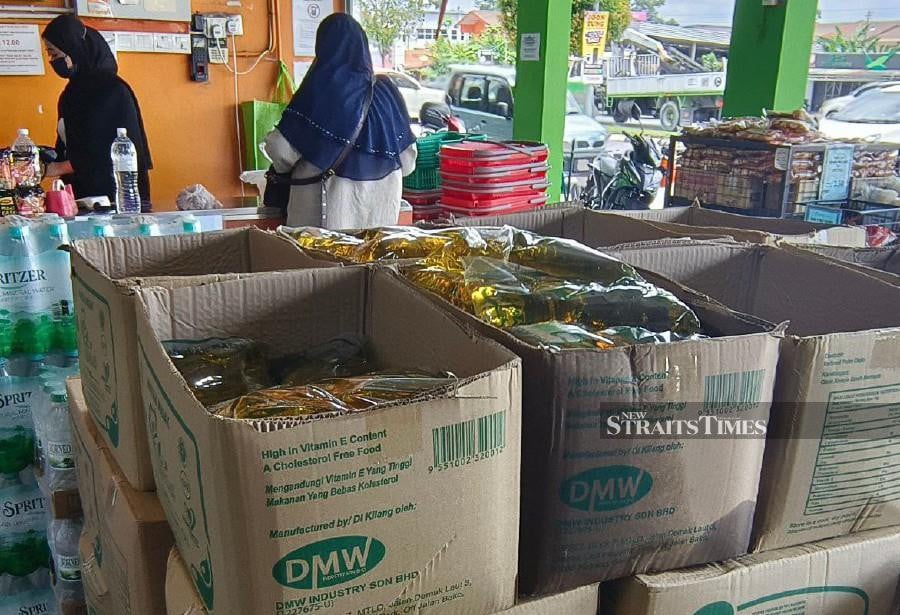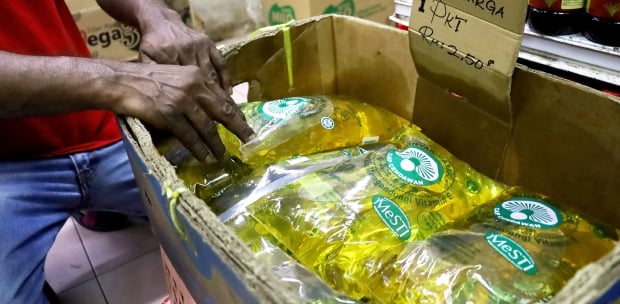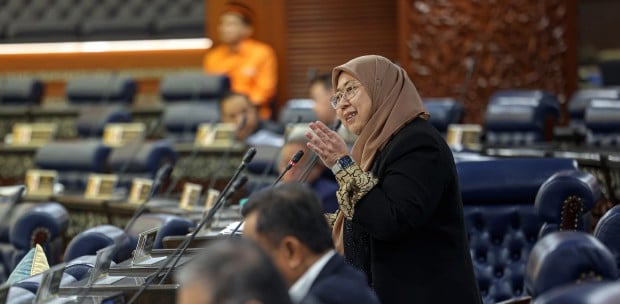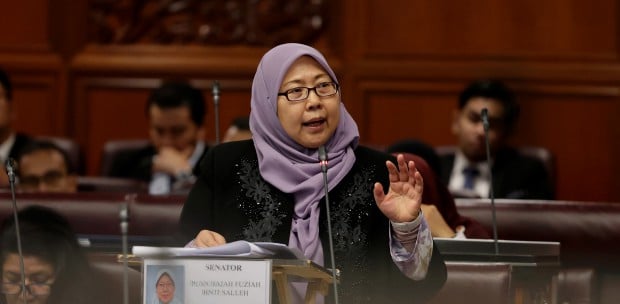KUALA LUMPUR: The proposal for the packet cooking oil quota to be increased to address its shortage in the market needs to be scrutinised across ministries.
Deputy Domestic Trade and Cost of Living Minister Fuziah Salleh said this is to ensure that any increase in quota will not hurt the government's finances.
"The proposal to increase the quota will cause an increase in the cost of the implementation of the cooking oil stabilisation scheme (COSS).
"The implementation cost can increase sharply, in line with the price movement of crude palm oil (CPO).
"As such, the proposal needs to be refined not only by the ministry but also by related ministries such as the Finance Ministry and the Economy Ministry," she said in response to a supplementary question from Cha Kee Chin (PH-Rasah) regarding the proposal that the subsidised packet cooking oil quota, which is currently limited to 60,000 tonnes, be increased to overcome the lack of supply among domestic consumers and small traders.
Fuziah said to address the shortage of supply of the packet cooking oil in the market, the ministry has come up with various plans to avoid leakages at all levels of the supply chain.
"The monitoring of subsidised oil has also been improved through the cooking oil stabilisation scheme (eCOSS) system.
"The eCOSS system records cooking oil sales transactions at various levels, including refineries, packaging, wholesalers, and retailers, into one central data.
"Using this system, the ministry can monitor the distribution of subsidised packets of cooking oil in the market more effectively," she said.
On the latest development that will be introduced through the eCOSS system, Fuziah said that system upgrading work is actively underway.
"It is expected to be completed in the middle of 2024 and eCOSS will enable control of the sale of subsidy packet oil to be done at the retail level, hence sales are limited to the target group through the use of personal identity documents.
"The database of users eligible to receive this subsidy will be received from the government's Central Database Hub (PADU) this month.
"We will see the users who are eligible to be included in this system," she said.






